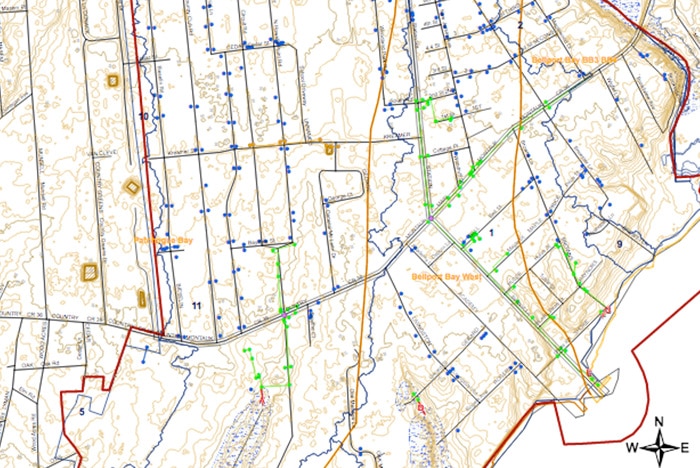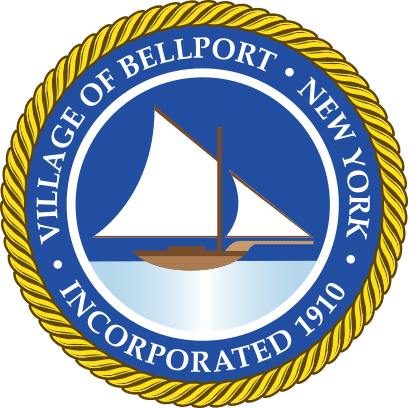DEPARTMENTS
Guide To Stormwater Runoff

What is Stormwater Run Off?
Stormwater runoff occurs when precipitation from rain or snowmelt flows over the ground. Impervious surfaces like driveways, sidewalks and streets prevent stormwater from naturally soaking into the ground.
Why is Stormwater Runoff a Problem?
Stormwater can pick up debris, chemicals, dirt and other pollutants and flow into the storm sewer system or directly to a lake, stream, river, wetland or coastal water. Anything that enters a storm sewer system is discharged untreated into the water bodies we use for swimming, fishing and shell fishing.
Residential Pollution Solutions
Recycle or properly dispose of household products that contain chemicals, such as insecticides, pesticides, paint, solvents, used motor oil and other auto fluids. (Don’t pour them onto the ground or into storm drains.)
Auto Care
Washing your car and degreasing auto parts at home can send detergents and other contaminants through the storm sewer system. Dumping automotive fluids into storm drains has the same results as dumping the materials directly into the water body.
- Use a commercial car wash that treats or recycles it’s waste water, or wash your car on your yard so the water filters into the ground.
- Repair leaks and dispose of used auto fluids and batteries at designated drop-off or recycling locations. Please call Brookhaven Town to dispose of them. The Village Highway Department does not accept these items.
Lawn Care
Excess fertilizers and pesticides applied to lawns and gardens wash off and pollute streams. In addition, yard clippings and leaves can wash into storm drains and contribute nutrients and organic matter to streams.
- Don’t over water your lawn. Consider using a soaker hose instead of a sprinkler.
- Use pesticides and fertilizers sparingly. When use is necessary, use these chemicals in the recommended amounts.
- Use organic mulch or safer pest control methods whenever possible.
- Compost or mulch yard waste. Don’t leave it in the street or sweep it into storm drains or streams.
Septic Systems
Leaking and poorly maintained septic systems release nutrients and pathogens (bacteria and viruses) that can be picked up by stormwater and discharged into nearby water bodies. Pathogens can cause public health problems and environmental concerns.
- Inspect your system every 3 years and pump your tank as necessary (every 3 years).
- Don’t dispose of household hazardous waste in sinks or toilets.
Pet Waste
Pet waste can be a major source of bacteria and excess nutrients in local waters. When walking your pet, remember to pick up the waste and dispose of it properly. Flushing pet waste is the best disposal method. Leaving pet waste on the ground increases public health risks by allowing harmful bacterial and nutrients to wash into the storm drain and eventually into local water bodies.
Important Information
Stormwater Drain Map
The link below is a map that shows the locations of drains in the Village.

